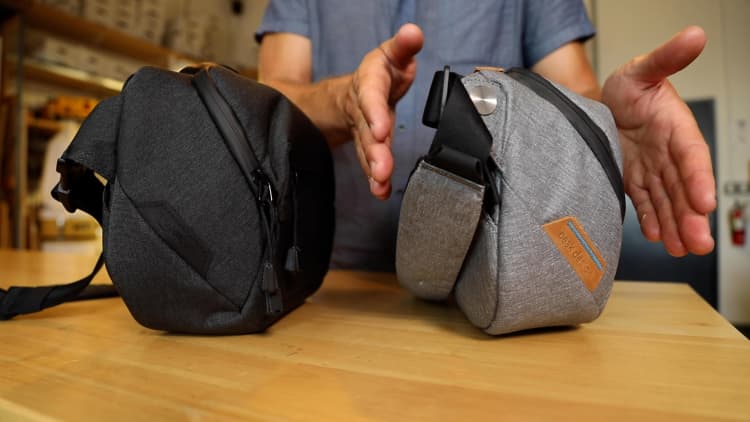Amazon workers sort packages for delivery in New York, July 12, 2022.
Michael M. Santiago | Getty Images News | Getty Images
Amazon is cutting some of its private label brands as part of a broader effort to rein in costs, the company confirmed to CNBC.
In addition to the plethora of products sold by third-party sellers, retailers and household names, Amazon also sells goods produced in-house, similar to a store brand. The number of Amazon’s private label brands has expanded rapidly over the years to include things like Goodthreads apparel, Rivet furniture and Presto paper towels, as well as Amazon Basics batteries.
Matt Taddy, vice president of Amazon Private Brands, said in a statement that the company has looked to eliminate some in-house products after determining they didn’t resonate with customers.
“We always make decisions based on what our customers want, and we’ve learned that customers seek out our biggest brands – like Amazon Basics and Amazon Essentials – for great value with high quality products at great price points,” Taddy said.
The company didn’t say how many private brands it plans to eliminate. Dozens of brands are expected to be cut, leaving Amazon with fewer than 20 house brands, according to The Wall Street Journal, which first reported the news.
Amazon is significantly paring back its apparel and furniture brands, some of which will remain on its site until they run out of stock, the Journal reported, citing sources familiar with the matter. The move is part of Amazon’s wider cost-cutting initiatives, but also in anticipation of a possible long-awaited antitrust lawsuit from the Federal Trade Commission, the Journal said.
CEO Andy Jassy has been aggressively slashing costs across the company as Amazon reckons with an economic downturn and slowing revenue growth. Jassy has targeted some of Amazon’s more unproven bets such as grocery and devices, while freezing corporate hiring and slowing warehouse expansion. The company recently laid off 27,000 employees as part of the largest job cuts in its history.
Amazon’s private label business landed it in the crosshairs of antitrust regulators after third-party sellers raised concerns that Amazon executives improperly accessed merchant data to develop their own competing products. Brands have accused Amazon of copying their products and pricing them at levels that make it difficult to compete.
The issue came to a head during a 16-month investigation by the House antitrust subcommittee into competitive practices at Amazon and other Big Tech companies. When asked about the practice, Amazon founder and then-CEO Jeff Bezos said, “What I can tell you is, we have a policy against using seller-specific data to aid our private label business, but I can’t guarantee you that that policy has never been violated.”
The FTC is reportedly gearing up to file a long-awaited lawsuit against Amazon as soon as this month. The agency has been probing Amazon on a number of fronts, including using its retail dominance to squeeze third-party sellers into its marketplace.
Amazon has said sales from private label brands represent only 1% of its total retail sales. As of 2019, the company said it had 158,000 private label products across 45 brands, along with other brands sold by its online grocery service Amazon Fresh.

